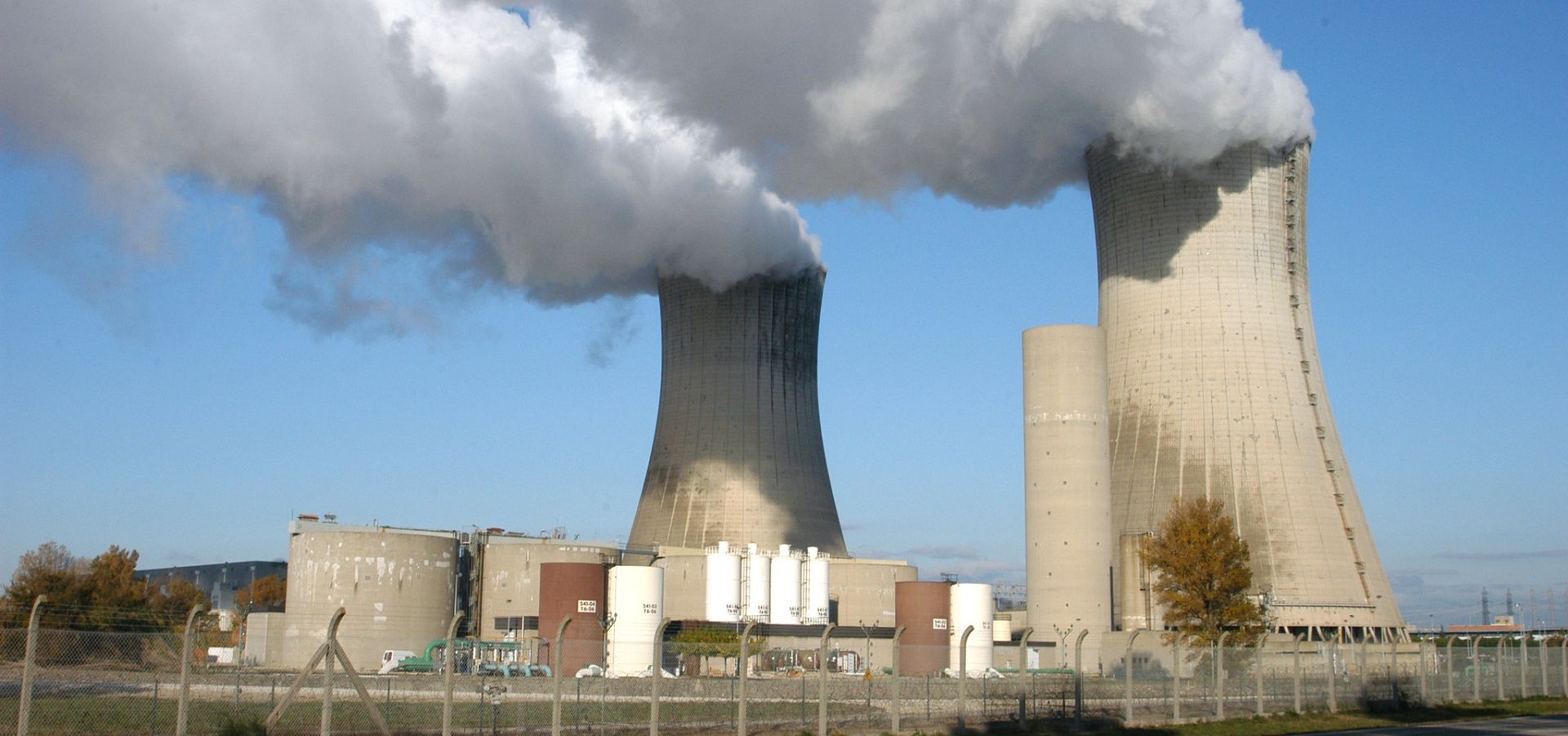In the coming months EU member states have to agree on major legislative proposals as part of the European Green Deal and how to support them through the EU’s budget for 2021 – 2027. At its core is the recently drafted European Climate Law, preparing the path for reaching carbon neutrality by 2050. But while the Council and the European Parliament deliberate on the specifics of the pioneering climate law, some countries in Central and Eastern Europe prepare for a nuclear renaissance as part of their climate mitigation strategies.

Bulgaria plans a new nuclear power plant. (IAEA Imagebank, CC BY-SA 2.0)
One of the political compromises during the development of the EU low-carbon roadmap for 2050 was the possibility for some European countries to include nuclear as part of their long-term decarbonisation scenarios. The recent nuclear revival in national energy debates in tandem with EU technology neutrality approach could turn into the Achilles heel of the Energy Union.
The Bulgarian government, in particular, one of the biggest beneficiaries of EU cohesion spending, deems nuclear as a major cure for curbing emissions and promotes it as a key ingredient of the Bulgarian Green Deal. According to the final version of the country’s National Energy and Climate Plan, Bulgaria plans to build a new 2000-MW nuclear power plant Belene that is expected to come online by 2035. The government expects the old Kozloduy plant to co-exist with the new one in the period between 2030 and 2040. Nuclear energy will thus cover 60% of the domestic power supply in 2040, with a total nuclear capacity of 3.89 GW. The numbers in the Bulgarian NECP do not add up, with nuclear clearly crowding out not just coal, but also renewable energy sources, all of which the Bulgarian government claims it would support.
The economic arguments for the NPP Belene are not convincing. Modelling assessments demonstrate that the nuclear power plant will generate losses in the first three decades of its operations. The total losses in the period are calculated to reach 3.5 billion euro. In addition to these costs come also the expenditures for interim storage and deep geological disposal for high-level radioactive waste that have not been properly estimated. The realization of the Belene nuclear project could thus have severe security and financial implications for the Bulgarian energy system, with potential risks for its macroeconomic stability and increasing its dependence on Russian nuclear technology. An analysis of the long-term scenarios for the decarbonization of the power sector in Bulgaria illustrates that a new nuclear capacity would remain severely unutilized in all scenarios, which would lead to stranded assets and lock-in in expensive and unsustainable infrastructure. Moreover, there are allegations that the process of construction, licensing and selecting a strategic investor has violated national public procurement procedures, EU competition law, the Euratom notification rules (Art.41.-43 of the Euratom Treaty), the EU Environmental Impact Assessment (EIA) Directive and the Euratom requirements for public participation on questions regarding nuclear safety of new installations (Directive 2014/87/Euratom establishing a Community framework for the nuclear safety of nuclear installations). If proven right, these allegations could cost Bulgaria further millions in penalties and billions in delays and cost overruns, which anyways are a given in the European nuclear projects.
A proper assessment of the ecological risks related to the transportation of radioactive waste from Belene site to Kozloduy site is missing and will add to the mounting cost burden. The low civil liability for nuclear damage is yet another hidden subsidy from future generations. In case of a nuclear disaster, the guarantee in Bulgaria is the lowest one – 100 million Euro, which means that the rest of the costs and the risks will be born entirely by Bulgarian citizens and taxpayers. This is in the face of data from the European-Mediterranean Seismic Hazard Map developed by the European Seismological Commission in 2003, that shows the Belene site as a zone with high seismic risk due to the proximity of the nuclear site to Vrancea – one of the most active seismic zones in Europe.
All these clear economic, environmental and technological risks, as well as Bulgaria’s dismal track record of fiscal waste related to the Belene project, seem unable to deter the country’s government from closing down the project for good. The Bulgarian government has even declared its intention to seek EU funding for its completion. The nuclear revival in Bulgaria also comes amidst a global crisis of nuclear power. The World Nuclear Industry Report 2019 provides evidence for the long-term decline of nuclear power´s role on the global energy market and the crisis of the nuclear sector due to the high costs and the insignificance of nuclear power capacity additions in global market.
Nuclear is not the adequate solution in solving the climate puzzle. It would only lock CEE countries in burdensome dependencies undermining the EU’s climate and sustainability policies. NPP Belene is a ticking time-bomb for future generations that will have to bear its high costs, and the environmental and health risks it poses.